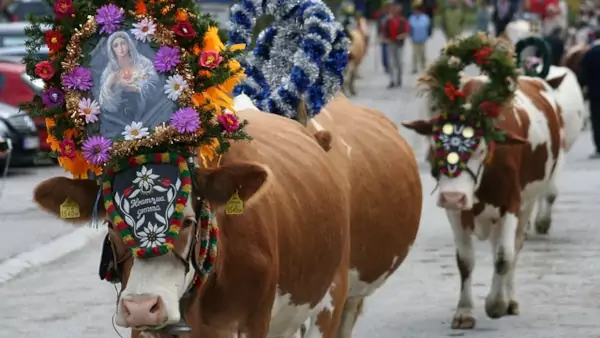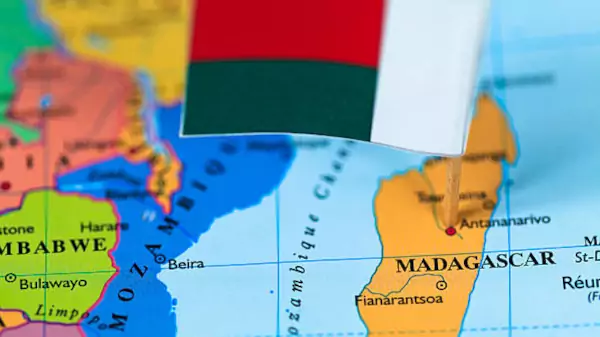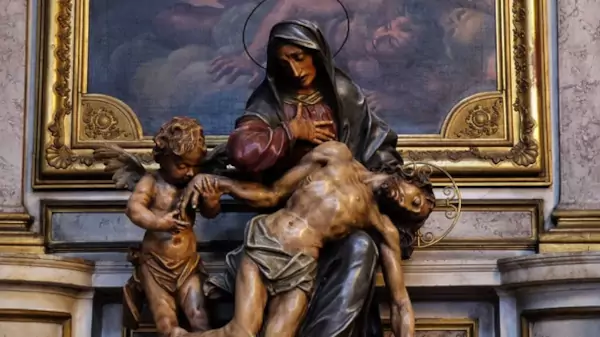- Presented by Radio Don Bosco
- Category: Instant with a priest
-
Also available:


Traditions and customs have their advantages and disadvantages. Malagasy customs and traditions, inherited from the past, help bring the Malagasy people together, especially those linked to morality: Fihavanana, mutual respect, defense of life and union between human beings, savoir-vivre. These values are among the good things, but they are being destroyed by our attitudes and moods, so we have to be careful with traditions and customs so that they don't become idolatry...
- Presented by Radio Don Bosco
- Category: Instant with a priest
-
Also available:


It's important to fight jealousy and hatred on a daily basis, because they cause a lot of resentment that Christians don't deserve. Mgr Gilbert Ramanantoanina used to say: when you do something, do it with love and sincerity. Faced with this preparation for the coming of the Lord, let's try to purify our hearts: let's get rid of lies, pride, violence... The congress of the worldwide Christian Church has a great duty to encourage people to turn more to God in this period of preparation for the coming of the Lord...
- Presented by Radio Don Bosco
- Category: Instant with a priest
-
Also available:


Christians, children, young people and adults have a duty to protect and serve the country, because productive work and increased savings and GDP are the only way to develop ourselves and the Kingdom of God. The country needs stability to be able to produce and help each other in unity. Tax evasion and corruption, abuse of power, selfishness, instability, non-payment of welfare benefits since 1975, contempt for the common good and common property are at the root of our nation's destruction.
- Presented by Radio Don Bosco
- Category: Instant with a priest
-
Also available:


The first is the fulfillment of Simeon's prophecy: your heart will be pierced by a sword; the second is the flight to Egypt; third, Jesus was lost in the temple in his twelfth year, and his mother was sad; fourth is Jesus carrying the cross, Our Lady's heart ached to see her son's suffering; fifth St Mary stood at the foot of the cross and heard Jesus' words: woman, behold your child, and to his disciples: behold your mother; the sixth, when Jesus' body was taken down from the cross and Our Lady took him in her arms; the seventh is Jesus' burial in the tomb.
Message from the Bishops at the end of the Pilgrimage

Dear brothers and sisters in Christ, You who have come in such large numbers to take part in this national pilgrimage, as well as all of you who are following it from home through the media. We, the bishops of Madagascar, would like to express our deep gratitude to you for having responded to our invitation and for having brought this jubilee initiated by Pope Francis to life spiritually. With you, we take up Mary's song: ‘My soul exalts the Lord’ and we repeat with her: ‘What shall I repay the Lord for all the good he has done me?’....
Read more ...Love and Salvation

Christmas is a great joy, because it is the love of God that has come to us, proclaims Fr. Bizimana Innocent, Provincial Superior of the Salesians Don Bosco of Madagascar and Mauritius, presenting his Christmas greetings. Salvation is accomplished, so life is not in danger of disappearing. It is this love and this salvation that we wish to fill our life so that we have peace.
Read more ...Zatti, our brother

The short film "Zatti, our brother" (Argentina, 2020) focuses on one of the most difficult episodes of his life. We are in Viedma, in 1941: at the age of 60, Zatti is forced to leave the hospital he has attended for decades. His faith and strength are tested.
Read more ...© 2025 Radio Don Bosco







